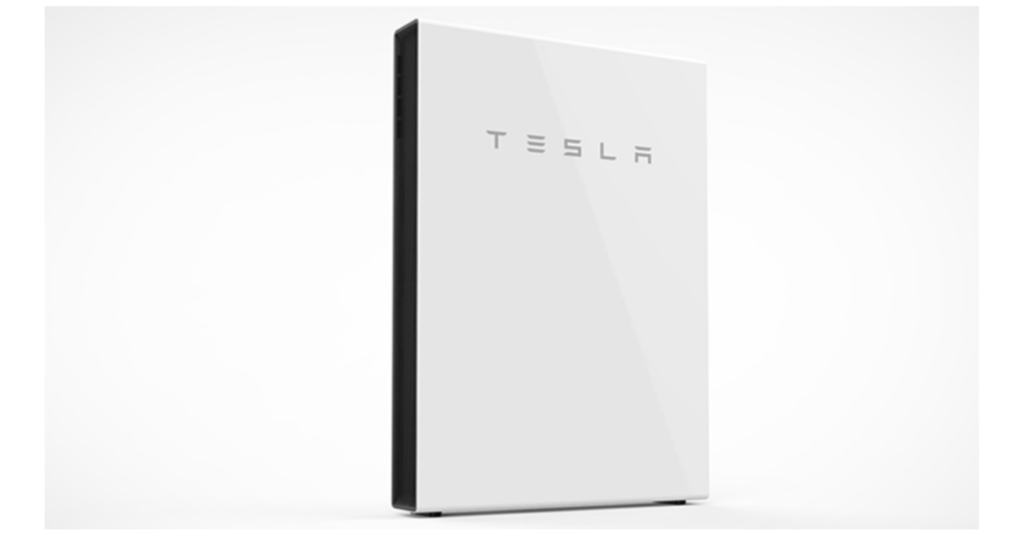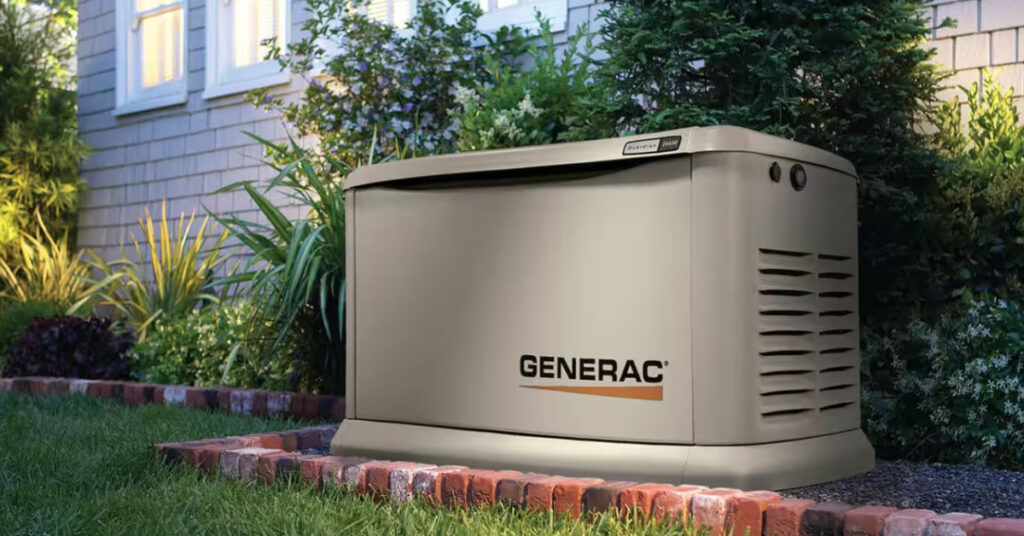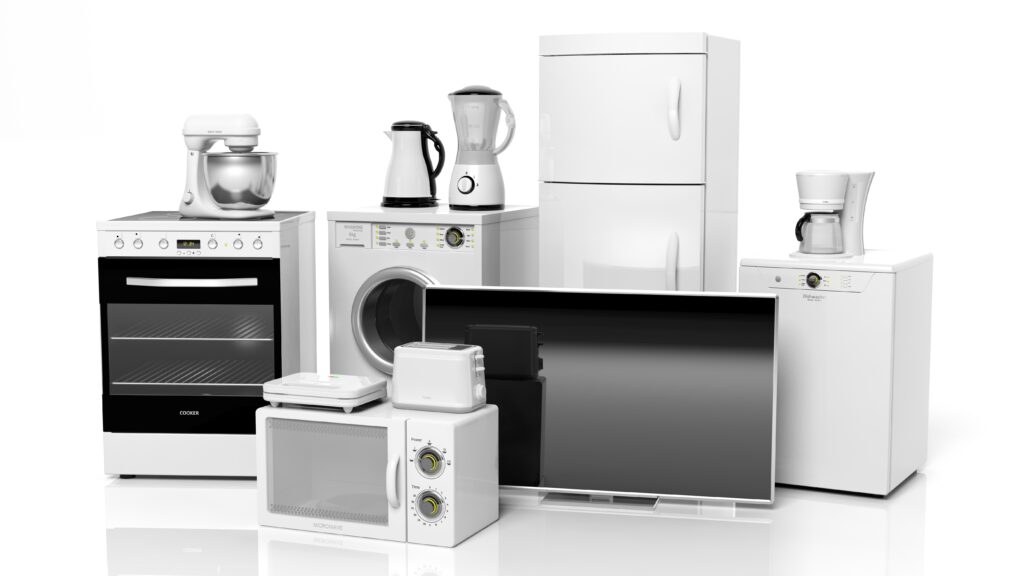Oh no! Power Outage! I need backup power!
Backup power sources are essential today, where power outages can occur unexpectedly and disrupt our daily lives. Traditionally, generators have been the most popular backup power option. Still, battery backup systems are becoming more prevalent, particularly in the renewable energy sector. This article will compare batteries and generators as backup power sources and provide a more detailed analysis of their pros and cons.
Batteries:
These are clean and efficient ways to store energy for later use, particularly if connected to a solar panel system. Batteries store excess energy generated by solar panels or the grid during times of low demand, such as when most people are at work. When a power outage occurs, the stored energy in the battery can be used to power essential appliances, lights, and other electronic devices.
Pros:
- Can store excess energy generated by solar panels, wind turbines, or the grid for later use.
- Silent and produce no emissions or fumes.
- Low maintenance requirements.
- Can offer greater long-term savings due to reduced fuel and maintenance costs.
- Can reduce your cost of electricity with the utility by powering your home during the time of use rate increases.
Cons:
- Limited capacity and discharge time.
- Higher upfront costs.
- Dependent on weather conditions for energy generation (in the case of solar or wind-powered batteries).

Generators:
Generators have been the most popular backup power option for many years, particularly in areas where power outages are frequent or where a continuous supply of power is required. They work by converting fuel into mechanical energy, which is then converted into electricity using an alternator. Many portable and stationary generators have a wide range of power outputs.
Pros:
- High power output and capacity.
- Available in a wide range of sizes and types.
- Lower upfront costs compared to batteries.
- Can be used with various types of fuel, including gasoline, propane, or diesel.
Cons:
- Noisy and produce emissions and fumes.
- Require regular fuel refilling and maintenance.
- Less efficient than batteries due to energy loss during the conversion process.
- Not environmentally friendly.

Which option is right for you?
Choosing between a battery backup system and a generator depends on several factors, including energy needs, budget, and environmental considerations.
- Energy needs: A generator may be the better option if you require high power output. Generators can power your entire home, while battery backup systems are typically designed to only power essential circuits.
- Budget: Batteries are typically more expensive than generators, but they offer greater long-term savings due to reduced fuel and maintenance costs. Generators are cheaper upfront but require regular fuel refilling and maintenance, which can add up over time.
- Environmental considerations: Batteries are more environmentally friendly than generators, producing no emissions or fumes. On the other hand, generators are noisy and produce emissions, which can harm the environment.
In conclusion, batteries and generators have their strengths and weaknesses as backup power sources. Batteries are clean, efficient, and offer long-term savings, but they are expensive upfront and have limited capacity. Generators are cheaper upfront, require regular maintenance and fuel refilling, are noisy, and harm the environment. Ultimately, the choice between the two depends on the user’s specific energy needs, budget, and environmental considerations.
Why should I use backup power when I have solar?
While solar panels are an excellent way to generate clean and renewable energy, they are dependent on weather conditions, and their energy production may be lower during cloudy or rainy days. Using backup power with solar is essential to ensure that you have a reliable source of electricity during power outages or periods of low energy generation. A backup power source, such as a battery or a generator, can provide a reliable and continuous energy source to power your essential appliances and electronics during power outages or low energy generation. Additionally, having a backup power source can provide peace of mind and ensure that you can continue your daily routine without interruptions or inconveniences caused by power outages. If you’re considering investing in a home battery system with your solar, click here to determine if a battery system may be worth it for you.
How much and how long can a battery power my home?
The amount of a house that can be powered by a home battery and for how long depends on the size and capacity of the battery, as well as the house’s energy usage. A larger battery with a higher capacity can power more appliances and electronics for a longer period, while a smaller battery may only be able to power a few essential appliances for a shorter period. Click here to learn more.

What can DroneQuote do?
DroneQuote is a game-changer in the solar industry, providing an innovative platform that allows homeowners and businesses to easily design and install a solar panel system with battery backup. With DroneQuote’s cutting-edge technology, customers can receive a custom solar panel and battery backup quote from the comfort of their homes, without needing on-site visits or consultations. By streamlining the process, DroneQuote makes investing in solar power with backup battery systems easier than ever, providing an affordable and reliable energy source that can keep homes and businesses running smoothly during power outages. Let’s get you started by clicking here.
